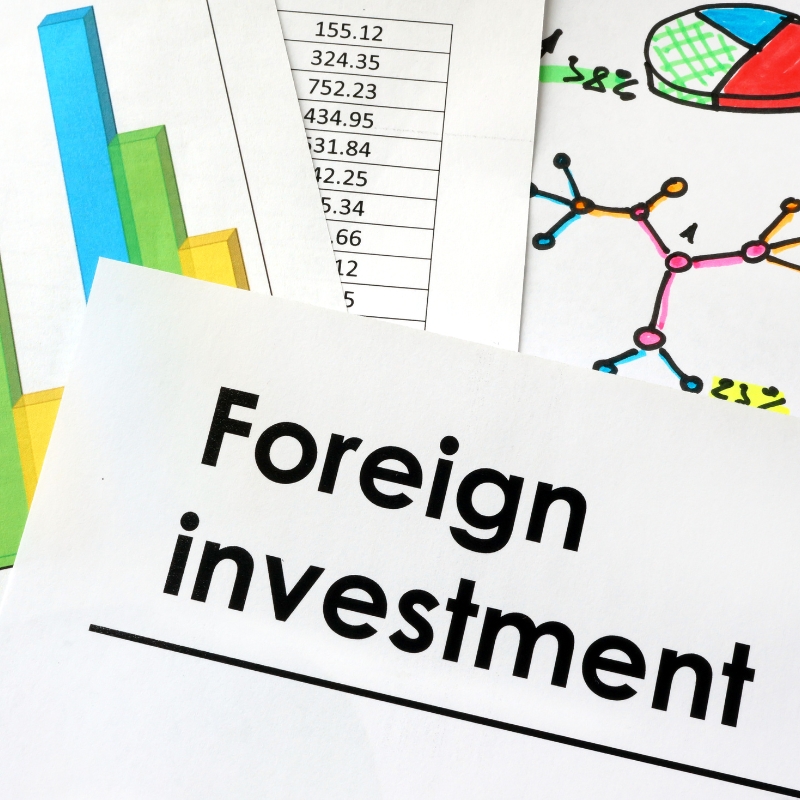Law
Understanding Foreign Investment Law in Vietnam
Introduction
Overview of Foreign Investment Law in Vietnam
The Foreign Investment Law in Vietnam is primarily governed by the Law on Investment (LOI), which was last amended in 2020. This law aims to create a transparent, fair, and stable investment environment for foreign investors. It outlines the legal framework for foreign direct investment (FDI) and sets out the rights and obligations of investors, as well as the procedures for investment registration and management.
Key Provisions of the Foreign Investment Law
1. Investment Forms
The Foreign Investment Law allows foreign investors to engage in various forms of investment in Vietnam, including:
- Wholly Foreign-Owned Enterprises (WFOEs): Foreign investors can establish a company in Vietnam with 100% foreign ownership. This is suitable for investors looking for complete control over their operations.
- Joint Ventures: Foreign investors can partner with local Vietnamese enterprises to form joint ventures. This allows for shared risk and resources while benefiting from local market knowledge.
- Public-Private Partnerships (PPPs): This form involves collaboration between the government and private investors, often used for large infrastructure and development projects.

2. Investment Registration and Approval
To invest in Vietnam, foreign investors must follow a registration process that involves:
- Investment Registration Certificate (IRC): Investors must apply for an IRC, which serves as official approval for the investment project. The application includes details about the project, business plan, and financial projections.
- Enterprise Registration Certificate (ERC): After obtaining the IRC, investors must apply for an ERC, which legally establishes the enterprise in Vietnam.
3. Investment Incentives
Vietnam offers various incentives to attract foreign investment, including:
- Tax Incentives: Investors may benefit from reduced corporate income tax rates, tax exemptions, or tax holidays depending on the sector and location of the investment.
- Land Use Rights: Foreign investors can lease land at preferential rates, and in some cases, land use rights may be granted for extended periods.
- Customs Duty Exemptions: Certain projects may qualify for exemptions or reductions in customs duties on imported goods and equipment.
4. Foreign Exchange Control
The Foreign Investment Law also addresses foreign exchange control, ensuring that investors can freely remit profits, dividends, and other payments abroad. The law stipulates that foreign investors must comply with local regulations regarding currency exchange and repatriation of funds.
Benefits of Investing in Vietnam
1. Robust Economic Growth
Vietnam’s economy has been one of the fastest-growing in Asia, with strong GDP growth driven by industrialization, urbanization, and a burgeoning middle class. This economic dynamism presents significant opportunities for foreign investors.
2. Strategic Location
Located in the heart of Southeast Asia, Vietnam offers strategic access to major markets in Asia-Pacific, including China, Japan, and South Korea. Its position makes it an ideal hub for regional trade and investment.
3. Young and Educated Workforce
Vietnam boasts a young, skilled, and increasingly educated workforce. The country is investing in improving its education system and vocational training to meet the needs of a modern economy.
4. Government Support
The Vietnamese government is committed to improving the business environment and has implemented various reforms to streamline investment procedures, reduce bureaucracy, and enhance transparency.

Challenges and Considerations
While Vietnam offers numerous opportunities, investors should be aware of potential challenges, including:
- Regulatory Complexity: Navigating the legal and regulatory framework can be complex, especially for those unfamiliar with local laws and procedures. Engaging local legal and financial advisors is often recommended.
- Infrastructure Development: While Vietnam has made significant progress in infrastructure development, some areas may still face challenges related to transportation, utilities, and logistics.
- Market Competition: The growing interest in Vietnam has led to increased competition in certain sectors. Investors should conduct thorough market research to identify opportunities and assess competition.
Conclusion
Vietnam’s Foreign Investment Law provides a comprehensive and favorable framework for foreign investors seeking to capitalize on the country’s economic potential. By understanding the key provisions of the law and leveraging the benefits it offers, investors can make informed decisions and successfully navigate the Vietnamese market. Despite some challenges, Vietnam’s robust growth prospects, strategic location, and supportive government policies make it a promising destination for foreign investment.
For investors looking to enter the Vietnamese market, staying informed about regulatory changes and seeking expert advice will be crucial in achieving long-term success. As Vietnam continues to evolve and integrate into the global economy, its Foreign Investment Law will remain a key tool in fostering a dynamic and attractive investment environment.
Learn more: zgladnews

